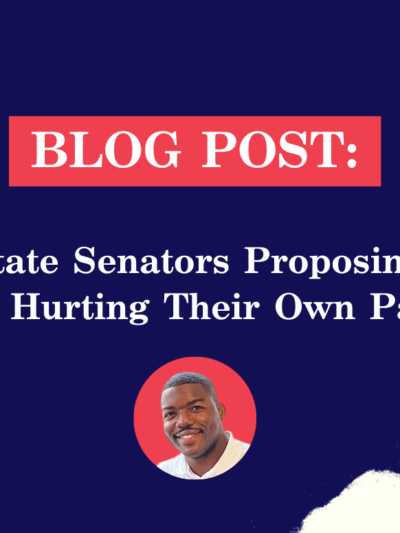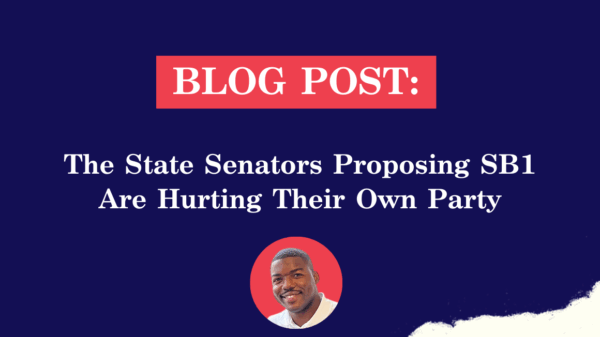Alabama State Conference of the NAACP et al. v. Marshall et al.
- Filed: 04/04/2024
- Status: Active
- Latest Update: Apr 04, 2024

Stay Informed
Sign up to be the first to hear about how to take action.
By completing this form, I agree to receive occasional emails per the terms of the ACLU’s privacy statement.
By completing this form, I agree to receive occasional emails per the terms of the ACLU’s privacy statement.




